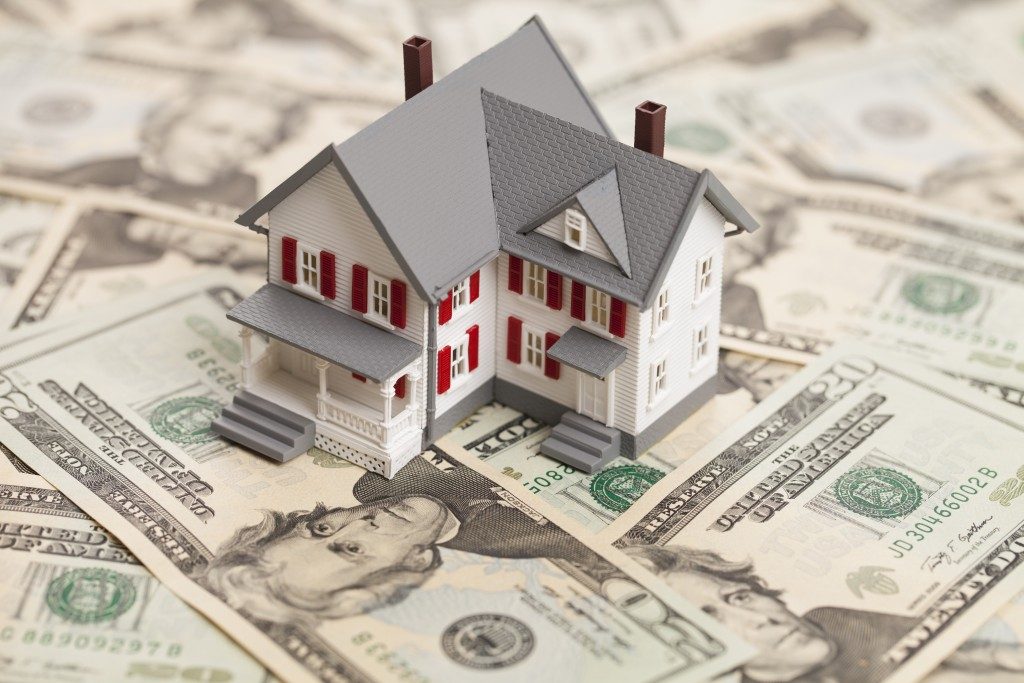The problem with home improvement financing is that you almost always need it to give your house in the Beehive State a facelift. Whether you need to buy a replacement roof, a deck, or a new kitchen countertop in Utah, it is more convenient to loan instant funds rather than spend months saving enough money to pay for everything.
Out of all financial products, though, home equity loans are arguably the worst. Make no mistake about it; they often come with low interest and flexible payment terms because they involve a high-value asset as collateral. Despite these attractive advantages, these loans have pitfalls too.
Below are the likely dangers of taking out a home equity loan.
It Puts You at Greater Risk of Foreclosure
In any home equity loan, you have to give up a percentage of the actual ownership of the property. If you yet to fully repay your mortgage, your house still belongs to the lender.
The equity somewhat represents the portion of what you owe. When you use it to obtain a ton of cash to fund your home project, you also risk owing more than your property is worth when real estate values go down.
To be clear, you do not lose your house in negative equity as long as you do not miss your mortgage repayments. Nevertheless, you have less flexibility to react to economic hardships when your property is more of a liability than an asset. If your mortgage becomes underwater, you can’t quickly downsize or go back to renting to eliminate a significant debt.
When an economic crisis begins to affect your income, then your house in negative equity can be a concern. Your lender can opt not to foreclose on your property as much as possible, but the specter of house seizure can take away your sense of security.
It Can Increase Your Overall Mortgage Cost

When tapping home equity, you usually take a second mortgage or replace your old one with new. Either way, borrowing against your property involves different charges paid toward the professionals who the financial transaction happen.
You might feel good about using your house as an ATM, thinking that the funds are the fruit of labor after years of mortgage repayment. What is wrong with this notion, though, is the considerable sum your pocket has to be paid back with interest.
It Adversely Affects Your Credit
All loans have an impact on your credit score, but there is one product that is extra damaging: a cash-out mortgage refinance. Apart from the hard inquiry, this loan leads to the closure of an old credit account in favor of a new one, which has several implications. After your current mortgage is paid off and a new one is opened, the average age of your accounts goes down, your level of debt increases, and payment history becomes thin.
Your credit can recover over time as long as you repay your new loan accordingly, but it can take a while for your credit score to improve. Since your credit score can affect other areas of your life, having a low one can be bad news.
When funding a home improvement project, nothing beats cash savings. But if you must borrow, leave your home equity untouched and strongly consider less impactful sources of financing first.
